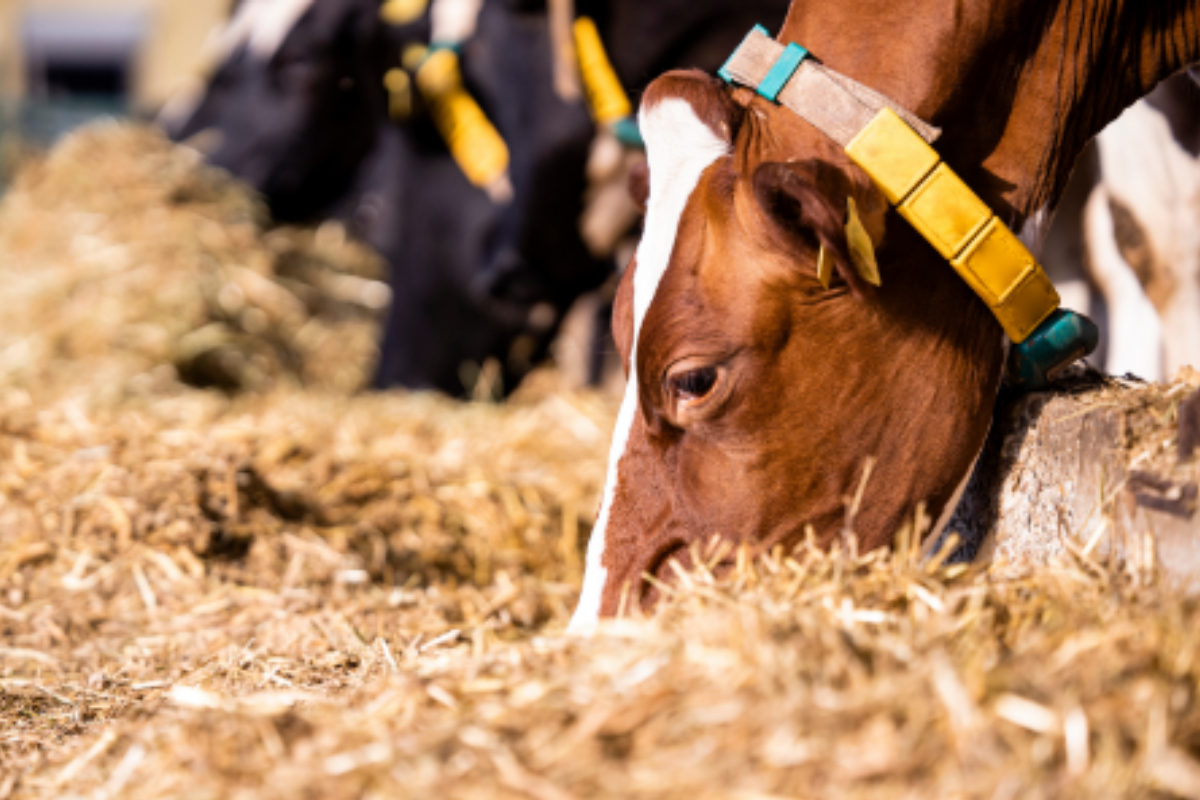Choosing the Right Probiotic for Your Animal—5 facts You Need to Know.
The growing use of probiotics in animal feed and nutrition.
Raising healthy animals with less medication is one of the key challenges in livestock farming. Probiotics are increasingly used in commercial livestock farming to stabilize gastrointestinal function and thereby improve animal health and productivity.
The efficacy of a probiotic product not only depends on choosing the right strain for the targeted animal species, but also on the right dosage and the vitality of the supplemented probiotic. Finally, the efficacy of probiotics can be variable depending on the survival rate and stabilities of strains, doses, frequency of administration, interactions with some medicines, health and nutritional status of the animal, and the effect of age, stress, and genetics of animals.
Probiotic companies continue to roll out new products aimed at the livestock market. As a result, choosing the right and consistently performing probiotic for your specific needs is often a challenge.
How to find the right probiotic—5 facts you need to know before you buy.
1. Three major forms of probiotics are available for animal nutrition.
Micro-organisms used in animal feed in the EU are mainly bacterial strains of Gram-positive bacteria belonging to the types: Bacillus, Enterococcus, Lactobacillus, Pediococcus, Streptococcus and strains of yeast belonging to the Saccharomyces cerevisiae species. These strains can be classified into 3 major forms:
spore-forming bacteria (Bacillus)
lactic acid bacteria
live yeast
2. Different modes of action and targeted application.
The probiotic forms differ from each other in terms of properties and mode of action. These differences directly impact the selection of a suitable probiotic depending on the intended purpose.
a. Bacillus-spores—for improving gastrointestinal function and growth performance
Bacillus is used industrially for enzyme production. In animals, depending on the substrate, these spores form enzymes and help promote the digestibility of the feed. Due to their enzyme production, bacillus-based probiotics help to improve the performance of the animals in terms of daily weight gain and feed utilization. Another favorable aspect in animal nutrition is that Bacillus—depending on the strain—displays inhibitory effects against specific pathogens. Typically, the Bacillus strains B. subtilis, B. licheniformis, B. amyloliquefaciens and B. coagulans are currently used in animal nutrition.
b. Lactic acid bacteria—a fast colonization of the GIT of young animals
Lactic acid bacteria are widely used in animal and human nutrition. Just think of industrial lactic acid production or sauerkraut. That bacterium is particularly beneficial to young animals due to its rapid colonization of the intestine. Lactic acid also has an inhibitory effect on pathogens. It promotes beneficial bacteria and is known to have positive effects on young animals.
c. Live yeasts are beneficial for ruminants—they prevent rumen acidosis and improve fiber digestibility
The probiotic properties of live yeasts are primarily beneficial for use in ruminants and horses, but also for pigs. A special advantage of live yeasts is that they reduce lactic acid formation in the rumen, which lowers the risk of the dreaded rumen acidosis.
3. Different strains within a species differ in efficacy.
For example, bacillus species are known for their capacity to produce enzymes or to inhibit specific pathogenic germs. However, it is well documented that different strains within the bacillus species differ significantly in their potential to produce enzymes or inhibit specific pathogenic germs. Careful selection and screening of the different strains are the key to find a successful solution. Biochem has more than 30 years of experience with probiotics to offer well-documented and reliable probiotics for the right purpose.
4. Spores are the survivalists in the microbial universe.
Probiotics are available in vegetative form or spore form. Vegetative cultures are sensitive to humidity and heat, while spore cultures are naturally strong when it comes to withstanding heat, antibiotics, and stomach acids. Since Bacillus has the property of forming stable spores, bacillus-based probiotics are particularly suitable for use in pelleted feed, which is often used for monogastric species (pigs and poultry).
5. The right and efficient dosage matters.
The World Health Organization (WHO) defines probiotics as live microorganisms that, “when administered in adequate amounts, confer a health benefit on the host.” Probiotics are dosed in colony-forming units (CFU). CFU is a parameter indicating the viability of a probiotic and can be measured by plate counting. A high CFU level ensures safety and reliability.
At Biochem, we rely on more than 30 years of experience in the field of probiotics. You can be sure that we use only the highest quality products. Along with safety at all stages of the feed chain, our quality management system guarantees reliability and fulfills all local and international feed industry standards. This is our way of ensuring wholesome food from animal sources in keeping with our slogan "Feed Safety for Food Safety®".
Would you like to learn more about the probiotic solutions in our portfolio? We invite you to contact our experts or visit our website.











